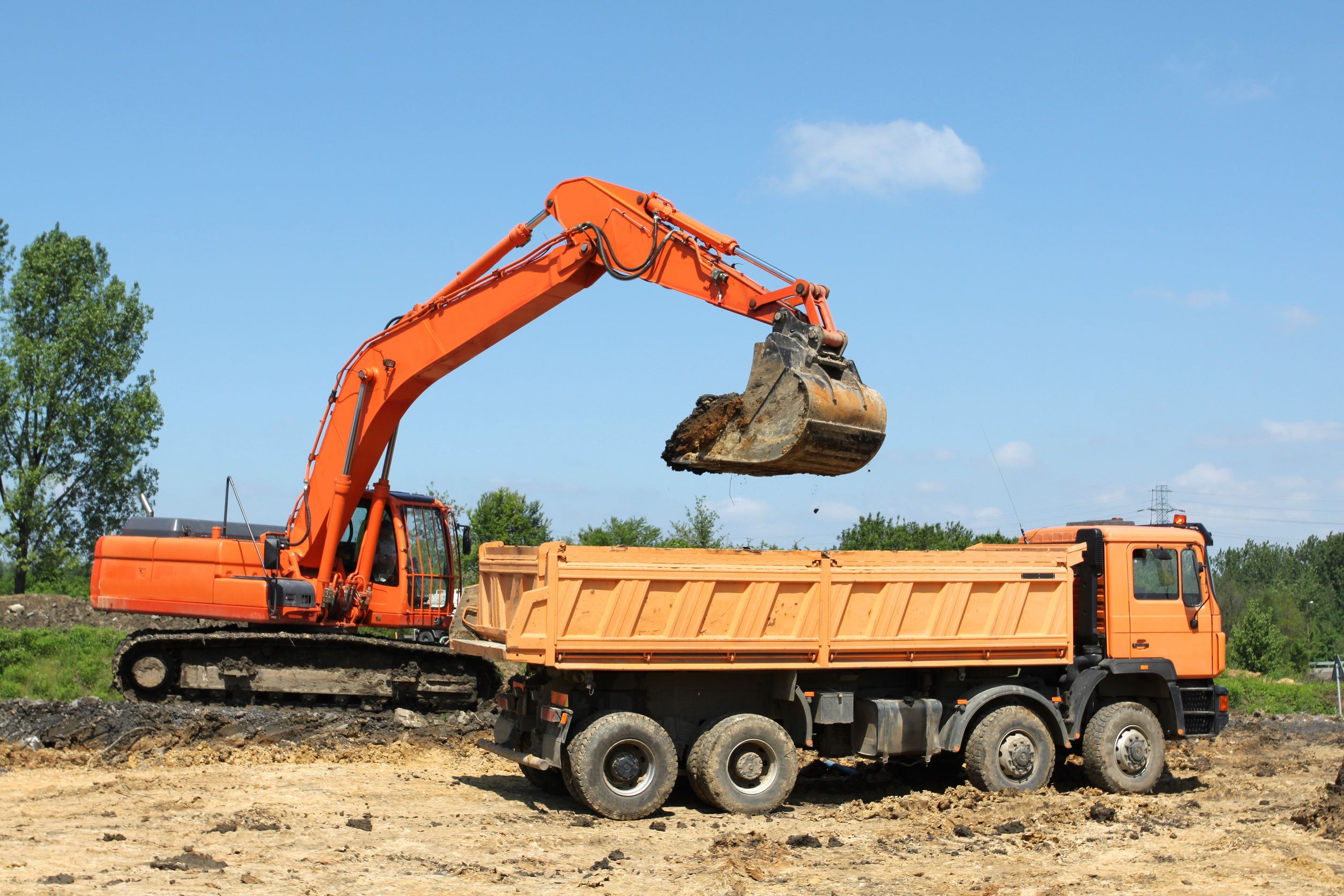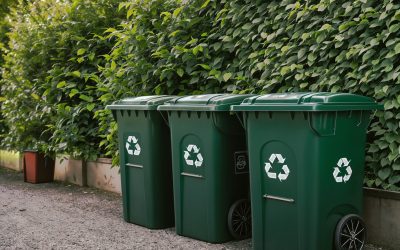During the waste separation process, solids and greases leak into the wastewater being separated for treatment. This extra waste risks being released into the environment during the filtration process, as well as clogging pipes and machinery. Installing a grease trap in your drainage and waste disposal system prevents clogs and risks of overflow.
The Grease Trap
Most waste removal companies offer grease trap disposal services to ensure none of this waste causes environmental damage. A grease trap can be as simple as a filter in a pipe or as complex as an industrial grease collection unit. Wastewater flows through the trap, leaving any grease, sludge, or other waste solids behind in the container. When the wastewater is removed for treatment, the grease trap can be cleaned separately for any remaining grease and solids.
Industrial Grease Trap Disposal
During industrial waste filtration processes, waste dewatering machines force excess water out of the containment unit, through filtered drainage pipes, and out of the unit. While most of the solid waste remains inside for further removal and disposal, the grease trap will still collect a sizable amount of grease and particulates. This waste can be removed and further processed at a facility for a safer disposal.
Environmental and Business Benefits
Grease trap disposal benefits both your business needs and the local environment. Waste processing facilities treat up waste, sludge, grit, and grease caught in grease traps on a regular basis, making them less harmful for the environment. This process reduces the overall amount waste produced during waste treatment by 95%. With these processes, sludge can be treated after being separated from treatable wastewater.
By responsibly disposing of collected waste, businesses can avoid overflow and backups caused by clogs, preventing any sanitary hazards in the workplace. Reducing the overall amount of waste produced cut total disposal costs: the total volume and density of solid waste decreases after separation in the grease trap. This separation reduces the price of waste disposal, as well as the time needed to remove it. Waste processing facilities treat grease trap waste along with other solids removed during the dewatering process.


